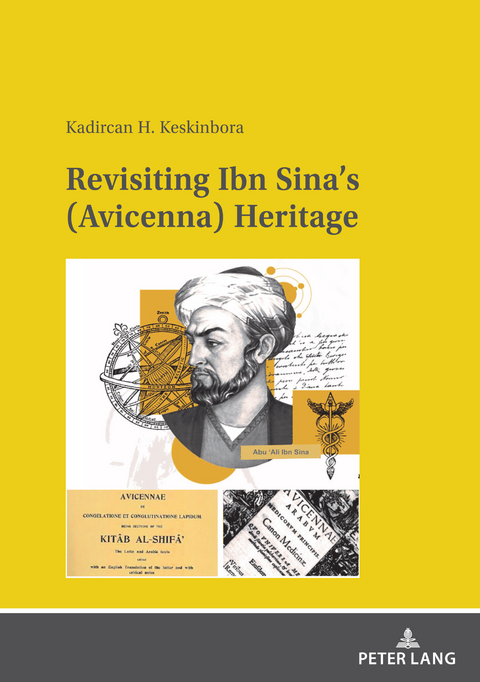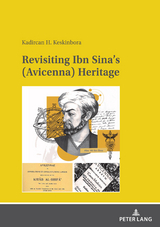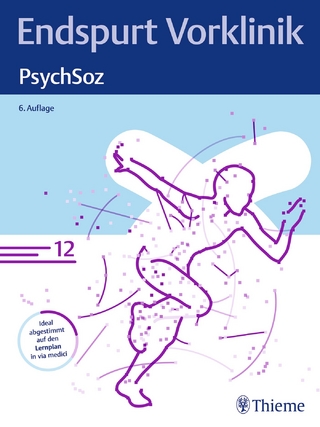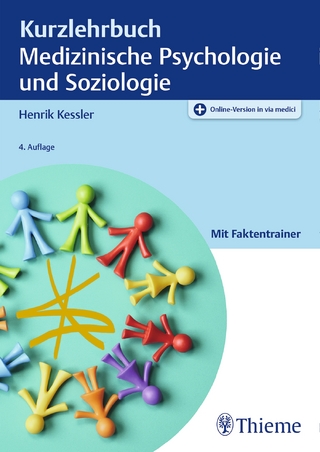Revisiting Ibn Sina's (Avicenna) Heritage
2021
Peter Lang Gmbh, Internationaler Verlag Der Wissenschaften
978-3-631-83056-7 (ISBN)
Peter Lang Gmbh, Internationaler Verlag Der Wissenschaften
978-3-631-83056-7 (ISBN)
lt;p>Ibn Sina - or Avicenna as he is known in the Latin West - is perhaps the most representative figure of medicine and philosophy in the world. His influence was not limited to the East, but also extended profoundly to the West. In brief, he was an authority in the Islamic East and Latin West.
lt;p>Even well after his lifetime, Ibn Sina was renowned, not just in medicine or philosophy, but in other areas, especially in the Islamic world. In brief, he was an authority in the Islamic East, or an "auctoritas". However, in the west, his work was massively influential in not only the medical education curricula, but also in the important, innovative doctrines in philosophy. The most fundamental sections of his major encyclopedia, al-Shifâ being translated into Latin as early as the 12th and 13th centuries and spreading throughout universities dispersed this impact rapidly. Known as "the prince of physicians", Ibn Sina is the writer of the Canon of Medicine (al-Qa¯nu¯ n fi 'al-Tibb), which became a medical standard in the Christian west as well as the Islamic world.
lt;p>Even well after his lifetime, Ibn Sina was renowned, not just in medicine or philosophy, but in other areas, especially in the Islamic world. In brief, he was an authority in the Islamic East, or an "auctoritas". However, in the west, his work was massively influential in not only the medical education curricula, but also in the important, innovative doctrines in philosophy. The most fundamental sections of his major encyclopedia, al-Shifâ being translated into Latin as early as the 12th and 13th centuries and spreading throughout universities dispersed this impact rapidly. Known as "the prince of physicians", Ibn Sina is the writer of the Canon of Medicine (al-Qa¯nu¯ n fi 'al-Tibb), which became a medical standard in the Christian west as well as the Islamic world.
lt;p>Kadircan H. Keskinbora became an ophthalmologist in 1987 and a professor in 2007. He concluded his second Ph.D. in "Deontology, History of Medicine and Medical Ethics" in 2006. Because of his studies on Avicenna (Ibn Sina), he was awarded the "International Avicenne Prize" in Paris/France in 2016. Besides books published in the fields of ophthalmology, history of medicine and literature, he has published many articles.
lt;p>Medieval era - Ibn Sina - Avicenna - Canon of Medicine - Al-Shifa - Early Renaissance - Musical theory - Alchemical texts - Self-knowledge - Suspended man in space - ophthalmology - Astronomy studies - Medical crises - Body politic metaphor - Creation and sustaining, Medical teaching in European universities
| Erscheinungsdatum | 28.09.2021 |
|---|---|
| Verlagsort | Berlin |
| Sprache | englisch |
| Maße | 148 x 210 mm |
| Gewicht | 526 g |
| Themenwelt | Geisteswissenschaften ► Philosophie ► Philosophie des Mittelalters |
| Geisteswissenschaften ► Religion / Theologie | |
| Studium ► 1. Studienabschnitt (Vorklinik) ► Med. Psychologie / Soziologie | |
| Studium ► Querschnittsbereiche ► Geschichte / Ethik der Medizin | |
| Schlagworte | Al-Shifa • Avicenna • Canon of Medicine • Heritage • Hidir • Kadircan • Keskinbora • Medical teaching in European universities • revisiting • Sina's |
| ISBN-10 | 3-631-83056-4 / 3631830564 |
| ISBN-13 | 978-3-631-83056-7 / 9783631830567 |
| Zustand | Neuware |
| Haben Sie eine Frage zum Produkt? |
Mehr entdecken
aus dem Bereich
aus dem Bereich




